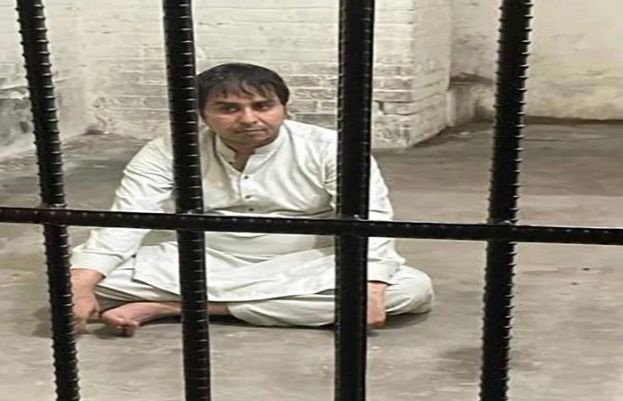
The main intent behind the move is to expose Indian atrocities and show solidarity with the people of occupied Kashmir. Today (Wednesday), Prime Minister Imran Khan is expected to visit Muzaffarabad to mark Youm-e-Istehsal.
Anti-India protests are planned throughout Pakistan, particularly in Azad Kashmir, while all major cities in Pakistan will hold solidarity marches, along with a one-minute silence.
Meanwhile, Indian officials announced a two-day "full curfew" on Monday citing intelligence reports of looming protests in the Muslim-majority region of seven million people, where locals have called for the anniversary to be marked as a "black day".
Fearing a massive reaction from the Kashmiris, New Delhi imposed the curfew on Tuesday in occupied Kashmir, blocking main roads throughout the valley with barbed wires and steel barricades.
The Modi-led government revoked Article 370 last year on this day, promising economic prosperity and progress after more than three decades of violence that has seen thousands die in the disputed region.
The situation in the occupied territory remained tense as police cars patrolled Srinagar after dark on Monday and again on Tuesday morning, with officers using megaphones to order residents to remain indoors.
A "full curfew" means people can only move around with an official pass, usually reserved for essential services such as police and ambulances. The Himalayan region is already subject to restrictions to reduce the spread of the coronavirus, with most economic activities limited and public movement curtailed.
For locals, the new curfew brought back memories of the weeks-long clampdown a year ago. Then, a total communications blackout was imposed, with phone and internet access cut and tens of thousands of fresh troops moved into the valley — already one of the world´s most militarised regions.
Around 7,000 people were taken into custody — including three former chief ministers. Hundreds remain under house arrest or behind bars to this day, mostly without charge.
Modi's revocation of Article 370, which has been accompanied by an upsurge in violence that is set to make 2020 the bloodiest year in a decade, has triggered major economic hardship exacerbated by the coronavirus pandemic.
Many locals are also angry that for the first time, people from outside Kashmir are being granted rights to buy land, fearing that India wants to change the region's demographic makeup.
In a fresh setback to New Delhi's stance on the issue, the Human Rights Watch condemned New Delhi and urged it to reverse its "abusive policies" in occupied Kashmir.
"Indian government claims that it was determined to improve Kashmiri lives ring hollow one year after the revocation of Jammu and Kashmir´s constitutional status," Meenakshi Ganguly from Human Rights Watch had said in a statement Tuesday.
"The authorities instead have maintained stifling restraints on Kashmiris in violation of their basic rights."
from Latest Pakistan News - SUCH TV https://ift.tt/3gAPD1W



